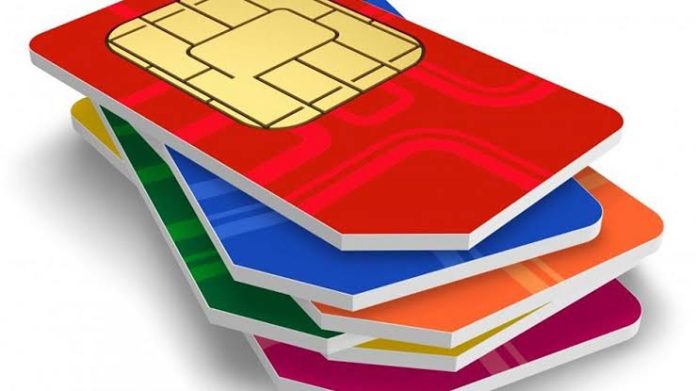After a challenging period marked by regulatory audits and disruptions, Nigeria’s telecommunications sector is rebounding with renewed vigor. The nation’s mobile subscription base climbed to an impressive 157.3 million in October 2024, up from 154.6 million in the previous month. This marks a significant turnaround following setbacks linked to the Nigerian Communications Commission’s (NCC) audit and the implementation of the National Identification Number (NIN)-SIM linkage exercise.
The growth is being driven primarily by MTN and Airtel, two of the country’s largest mobile network operators. MTN, the undisputed market leader, added a staggering 2.2 million new subscriptions in just one month, bringing its total to 80.3 million active lines. This surge has pushed MTN’s market share to 51.09%, solidifying its role as the backbone of Nigeria’s telecom industry.
For Airtel, the month was equally promising. The network saw an influx of 697,430 new subscribers, raising its active base to 54.4 million. This growth translated to a 31.61% market share, further cementing Airtel’s position as a key player in connecting Nigerians across the country.
This recovery extends beyond mere numbers. The rise in active subscriptions has significantly improved Nigeria’s teledensity—a metric that gauges telecom penetration relative to population size. Teledensity grew from 71.46% in September to 72.7% in October, a clear indicator of the industry’s resilience and its ability to adapt to regulatory demands.
However, not all telecom operators are celebrating. Globacom, Nigeria’s third-largest provider, faced another challenging month, losing 44,635 subscriptions. Its active subscriber base now stands at 19.1 million, with its market share slipping to 12.15%. For 9mobile, the struggles are even more pronounced. The operator, which has been battling customer retention issues for years, shed 245,263 subscribers in October, leaving it with a mere 3.3 million active users and a market share of just 2.15%.
The challenges faced by these operators stem largely from the NCC’s rigorous audit, which aimed to cleanse the sector of inaccuracies and ensure compliance with industry guidelines. The audit revealed that one network operator had wrongly classified 40 million inactive lines as active. These lines, which had not generated any revenue for over 90 days, violated the NCC’s criteria for active users and had skewed the industry’s overall data.
For the industry as a whole, these regulatory interventions, while initially disruptive, appear to have laid the groundwork for a more stable and transparent telecom ecosystem. Industry insiders note that the efforts to link SIM cards with NINs and enforce proper registration processes are crucial steps toward creating a system that prioritizes both security and efficiency.
This growth story isn’t just about numbers; it’s about connecting people, businesses, and communities. From bustling urban centers to remote rural villages, telecom operators like MTN and Airtel are driving progress by enabling millions of Nigerians to stay connected, access digital services, and participate in the global economy.
As the industry regains its footing, the onus is now on all players to innovate, compete, and meet the evolving demands of Nigeria’s diverse and dynamic population. For MTN and Airtel, the challenge will be to sustain this growth, while for Globacom and 9mobile, it’s a wake-up call to rethink strategies and reclaim market relevance.
In the words of a telecom analyst, “This recovery is not just a win for the operators but a win for Nigeria. It reflects the potential of a robust telecom sector to drive digital inclusion, economic growth, and societal transformation.”




